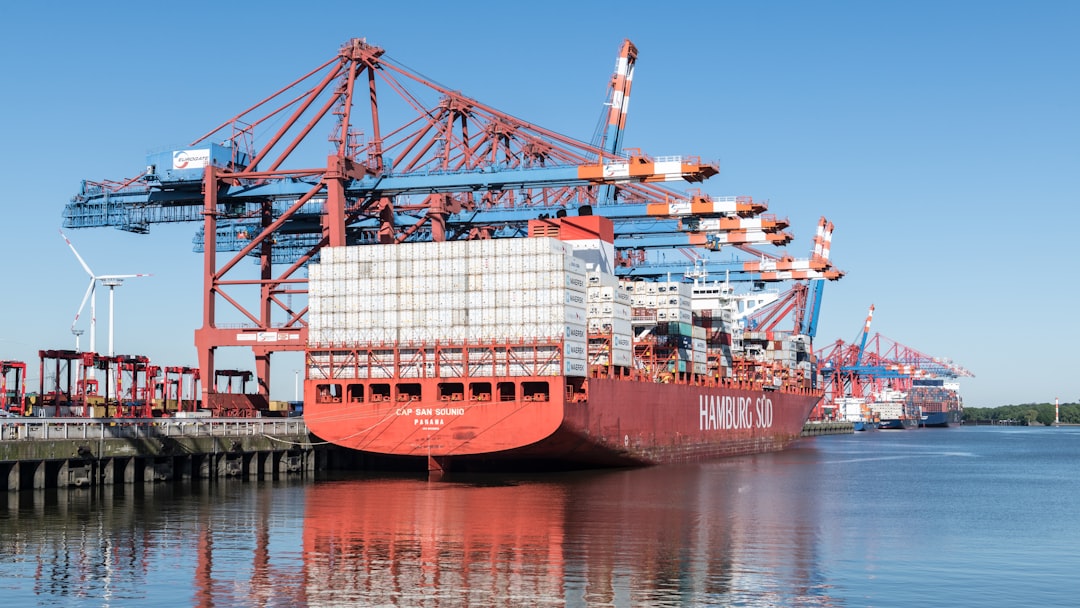International trade offers immense opportunities for growth and expansion, but it also presents a unique set of challenges. Navigating the complexities of global markets requires a proactive and comprehensive approach to risk management. Failure to adequately address these risks can lead to significant financial losses, reputational damage, and even the complete failure of a business venture. This guide explores the key risk areas in international trade and offers practical strategies for mitigation.
Political Risk in International Trade
Political risk encompasses a broad range of factors that can impact your business operations in foreign markets. These include government instability, changes in trade policy (tariffs, quotas, sanctions), nationalization or expropriation of assets, corruption, and even civil unrest or terrorism. Understanding the political landscape of your target market is crucial. Due diligence should include analyzing the country’s political stability, its legal framework, and its relationships with other nations. Mitigation strategies can include diversifying your markets, securing political risk insurance, and establishing strong relationships with local stakeholders.
Economic Risks: Currency Fluctuations and Market Volatility
Economic risks are inherent in international trade, primarily stemming from currency fluctuations and market volatility. Changes in exchange rates can significantly impact profitability, making it crucial to understand and manage currency risk. Market volatility, influenced by factors like economic downturns, inflation, and consumer confidence, can affect demand for your products or services. Strategies to mitigate economic risks include hedging currency exposures through forward contracts or options, diversifying your customer base, and developing flexible pricing strategies that can adapt to market fluctuations. Careful financial forecasting and scenario planning are also essential.
Logistical Challenges and Supply Chain Disruptions
The logistical complexities of international trade present a significant source of risk. These include delays in shipping, damage to goods during transit, customs clearance issues, and port congestion. Supply chain disruptions, whether due to natural disasters, geopolitical events, or pandemics, can severely impact your ability to deliver products or services. Robust risk management requires a well-defined supply chain strategy that includes multiple suppliers, diversified shipping routes, and contingency plans for potential disruptions. Investing in technology to track shipments and monitor supply chain performance can also significantly reduce logistical risks.
Legal and Regulatory Compliance in Global Markets
Navigating the legal and regulatory landscape of different countries is a critical aspect of international trade risk management. Each country has its own set of laws and regulations governing imports, exports, product standards, intellectual property, and data protection. Non-compliance can lead to hefty fines, legal disputes, and reputational damage. Thorough due diligence, including legal counsel specializing in international trade, is essential. Establishing clear processes for ensuring compliance with all relevant regulations is crucial. This includes staying up-to-date on changes in legislation and proactively addressing any potential compliance issues.
Credit and Counterparty Risk: Protecting Your Financial Interests
Extending credit to international buyers or relying on foreign suppliers introduces credit and counterparty risk. The risk of non-payment by a buyer or non-delivery by a supplier can have severe financial consequences. Thorough credit checks, using reputable credit reporting agencies, are essential. Using letters of credit or other forms of trade finance can help mitigate this risk by providing a layer of protection for both buyers and sellers. Establishing strong contractual agreements that clearly define responsibilities and liabilities is also crucial. Careful selection of partners with a proven track record of reliability is paramount.
Effective risk management in international trade is not a one-size-fits-all solution. The specific risks and appropriate mitigation strategies will vary depending on your industry, the countries you operate in, and the nature of your business. However, a proactive and comprehensive approach, incorporating the elements discussed above, is crucial for success in the global marketplace. Regular review and adaptation of your risk management strategy are essential to ensure it remains relevant and effective in the ever-changing landscape of international trade.
Conclusion
Successfully navigating the intricate world of international trade requires a sophisticated understanding and proactive management of inherent risks. By carefully assessing and mitigating political, economic, logistical, legal, and financial risks, businesses can significantly enhance their chances of success and profitability in the global market. Remember, consistent monitoring, adaptation, and a commitment to due diligence are key to long-term success in this dynamic environment.
Tags: international trade risk management, global trade risks, supply chain risk management, political risk insurance, import export compliance




